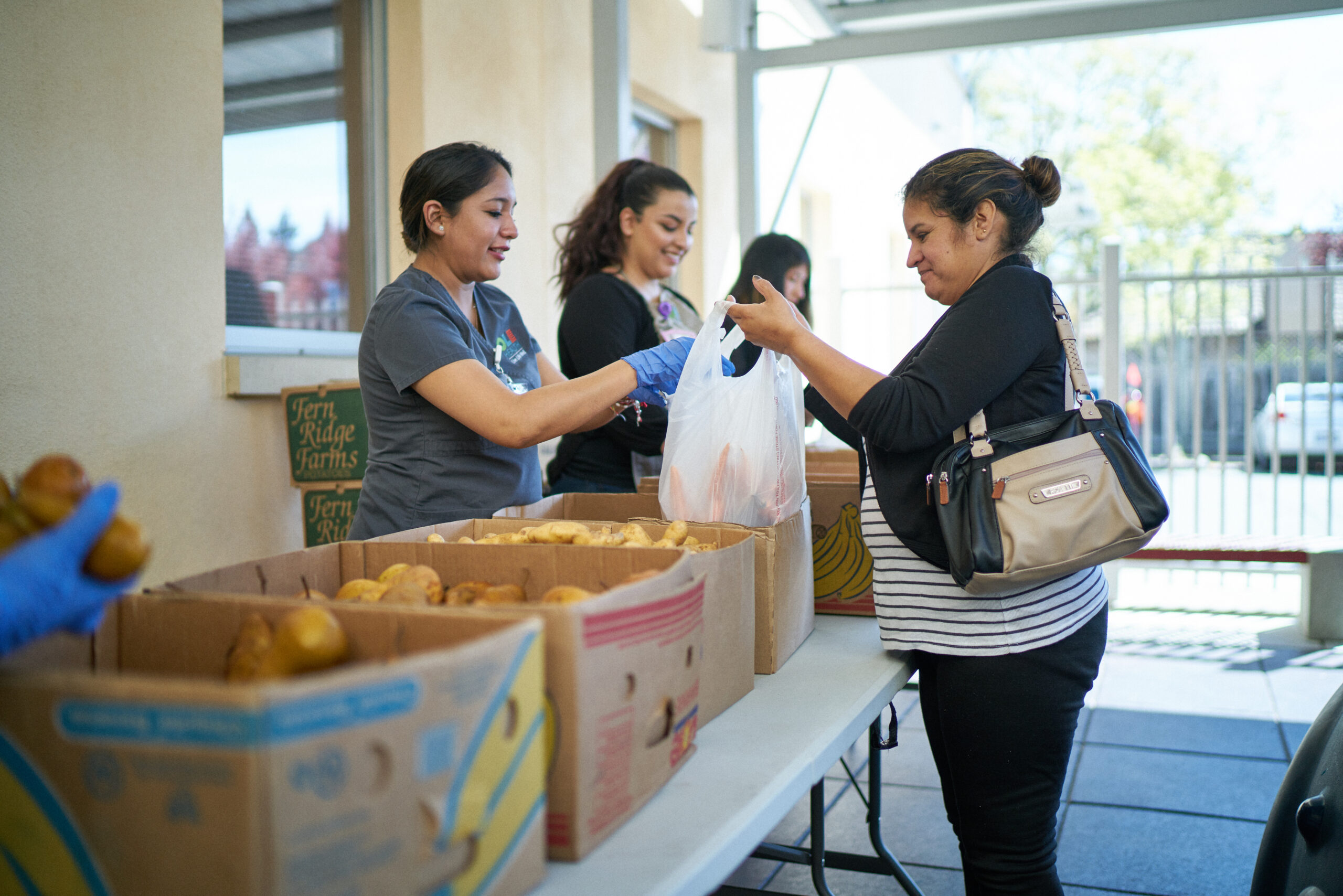“Those closest to the problem are closest to the solutions.” Bryan Stevenson
Community Development Financial Institutions (CDFIs) were first certified by the U.S. Treasury 25 years ago to provide financing in communities left behind by the mainstream financial system. CDFIs have long been “first responders” to many small and growing businesses in communities throughout America and are very much on the front lines of the economic response to coronavirus (COVID-19). There are more than 1,000 CDFIs at work in all 50 states managing $185 billion in loans and investments to historically underserved small businesses, nonprofits, affordable housing projects, unbanked consumers building credit, and farms and grocery stores which provide healthy food.
CDFIs are responding to borrowers in crisis in communities from coast to coast. Each of our organizations is fielding dozens of calls a day from borrowers struggling with how to survive lost revenue and canceled programming, how to keep people employed, and even whether to close their doors entirely. For some of us, as many as 60% of our active clients have already reached out to us to address their financial challenges. Small businesses and nonprofits are struggling to survive, which will impact all our local communities, and our way of life.
Most of us are rapidly responding to our clients by refinancing their loans, providing payment deferments and interest-only payment periods, and helping plan ahead for those who know they will be in shelter-in-place shutdowns for extended periods of time. We are also seeing an increased demand for business advising support, especially in financial management, marketing expertise, and assistance navigating the fast-changing landscape of emergency resources.
We’ll be reassessing quarter by quarter as needed, while watching businesses shuttering and mass layoffs of front-line workers. We’re providing all of the resources we can as well as developing plans to react quickly to payments issues that may arise in the next month and beyond. In order to provide this kind of support to our clients in crisis — and further help them stay in business and support their employees’ health, much less plan for recovery when they’re ready to ramp back up — we need you, our own funders and investors, to support us.
Here are some examples of what you can do to help your CDFI investees:
- Provide a blanket waiver for any covenants in your notes that might be tripped by the current situation. E.g. liquidity covenants, leverage or net asset ratio covenants, etc.
- Defer payments due in the next twelve months. In order not to jeopardize our own operations, we need our lenders to mirror the terms we are extending to clients. If you are able, consider waiving interest during the crisis as some of our investors have offered.
- Provide substantial grant allotments and/or zero interest loans so that CDFIs can in turn provide low or zero interest loans to our most at-risk small businesses and populations, as well as other innovative financing to support those trying to do right by their employees and wage workers. Our clients need time to stabilize their operations and access the relief funds that are on offer that will likely take longer to deploy than expected and won’t stretch as far as needed.
- Fund the pivot. Consider additional new lending on appropriate terms, and/or credit enhancements. While some of our borrowers are shutting down, other essential services businesses and organizations are making a pivot to respond directly. Medical clinics are treating the most vulnerable patients; food producers and manufacturers are keeping groceries on our shelves; homelessness services agencies are rapidly housing people to avoid coronavirus outbreaks on the street. Because this lending will take place in a high-risk environment, and because we may provide lower interest rates and grace periods on repayment, this new investment into CDFIs should be made on similar terms.
- Provide free business advice + support to small businesses and CDFIs in your portfolio by funding expanded technical assistance programs or scaling BusinessAdvising.org to be able to match more small business owners with advisors in financial management, HR, and marketing to get through this crisis better.
- Collaborate. This crisis provides an opportunity for CDFIs to collaborate and work together instead of each CDFI leadership having to reach out to each of their funders, investors, and raising capital individually. There is an opportunity here to provide a better model for small business support in a cohesive manner. This is an ideal time that collaborative funding models – whether they be performance-based pools of philanthropic capital, zero/low-interest impact investing, or lending dollars, etc. – can be helpful to incentivize us to maximize resources, work together, meet small business owners where they are.
Support small businesses and community nonprofits throughout America. Support them through your partner CDFIs.
Bulbul Gupta, President & CEO, Pacific Community Ventures, Oakland, CA
Tom De Simone, President & CEO, Genesis LA, Los Angeles, CA
Ann Cameron, Interim President & CEO, Community Vision, San Francisco, CA
Allison Kelly, CEO, ICA, Oakland, CA
Sara Razavi, CEO, Working Solutions, San Francisco, CA
Antony Bugg-Levine, CEO, Nonprofit Finance Fund, New York, NY
Luz Urrutia, CEO, Opportunity Fund, San Jose, CA
Dr. Jacob Singer, President & CEO, Main Street Launch, Oakland, CA
Betsy Biemann, CEO, Coastal Enterprises Inc., Brunswick, ME
Ellis Carr, President and CEO, Capital Impact Partners, Arlington, VA
Luis Granados, President, Fondo Adelante (CDFI affiliate of MEDA), San Francisco, CA
Dhaval Patel, Director of Investments, Tides, San Francisco, CA
Fellow CDFI leaders: If you would like to add your name to this letter, please contact us here. We’re stronger together!








